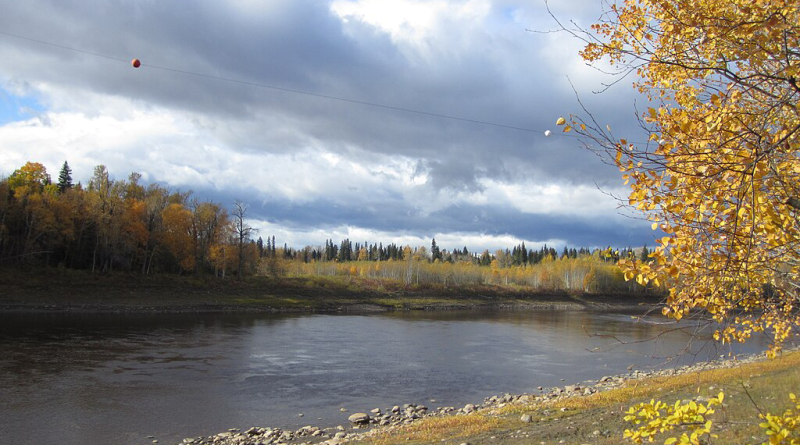$2 Million Investment Sparks Clean Energy Revolution in North Canada
A groundbreaking step towards clean energy transformation has been taken in Northern Canada, where the government announced a $2 million investment to support the ADK Geothermal Development project in Fort Liard. Spearheaded by ADK Holdings Ltd., the economic development arm of the Acho Dene Koe First Nation, this initiative seeks to harness geothermal energy to replace diesel, reduce costs, and promote local economic growth.
This project is part of Canada’s Clean Energy for Rural and Remote Communities (CERRC) program, which focuses on providing renewable energy solutions to regions historically reliant on fossil fuels.
The geothermal project in Fort Liard
The ADK Geothermal Development project is poised to redefine energy generation in Fort Liard, a remote community in the Northwest Territories. This ambitious initiative will explore and develop geothermal energy resources to meet the region’s energy demands sustainably.
The project aims to reduce the community’s dependency on diesel—a costly and environmentally damaging energy source widely used in isolated areas. By tapping into geothermal energy, Fort Liard is setting a precedent for cleaner, more reliable energy systems that can be replicated across similar regions.
In addition to environmental benefits, this project is a significant step toward fostering economic resilience. It promises job creation and skill development for the local population while lowering energy costs, enabling the community to invest in broader developmental initiatives.
Government support for clean energy in remote areas
The ADK Geothermal Development project aligns with Canada’s broader commitment to addressing energy challenges in remote and underserved communities. Through the Clean Energy for Rural and Remote Communities (CERRC) program, the Canadian government has provided substantial funding to help reduce reliance on diesel and promote renewable energy adoption.
Since its inception in 2018, the CERRC program has invested $220 million in clean energy projects across the country, with an additional $233 million allocated in 2021 to expand these efforts. This funding supports Indigenous and remote communities, empowering them to explore sustainable energy solutions while building capacity and technical expertise.
Projects like Fort Liard’s geothermal initiative not only address energy inequities but also support Canada’s climate goals by reducing greenhouse gas emissions. Moreover, the emphasis on collaboration with Indigenous communities ensures that these projects honor local traditions, knowledge, and leadership.
The role of Indigenous communities in clean energy
Indigenous communities play a vital role in Canada’s clean energy transition, serving as leaders and innovators in adopting sustainable practices. The Acho Dene Koe First Nation is at the forefront of this movement, demonstrating how geothermal energy can address environmental and economic challenges while respecting cultural values.
By championing this project, the Acho Dene Koe First Nation is fostering job creation and economic independence. The ADK Geothermal Development initiative will provide employment opportunities during its exploration and operational phases, with an emphasis on building local expertise in renewable energy.
In addition, the project highlights the importance of energy independence. Transitioning away from diesel not only reduces environmental harm but also shields communities from volatile fuel costs and supply chain disruptions. This stability is crucial for fostering long-term growth in remote regions.
Future implications and challenges
The success of the ADK Geothermal Development project in Fort Liard could pave the way for similar initiatives across Canada’s remote regions. Whilst showcasing the viability of geothermal energy, the project has the potential to serve as a blueprint for other Indigenous and isolated communities striving to transition away from fossil fuels.
Scaling geothermal energy solutions, however, comes with its own set of challenges. The high upfront costs associated with geothermal exploration and infrastructure development can be a significant barrier, particularly for small or underfunded communities. Environmental considerations also play a role in geothermal energy development. While the technology itself is clean, careful assessment of potential ecological impacts is necessary to maintain the balance between development and environmental stewardship—a principle especially important to Indigenous communities.
Despite these challenges, the benefits of transitioning to renewable energy far outweigh the obstacles. Reduced greenhouse gas emissions, increased energy security, and opportunities for economic development make geothermal energy a promising solution for addressing Canada’s energy and climate goals.
Source:
To keep up-to-date with our latest energy, oil and gas news, subscribe to our newsletter today.
